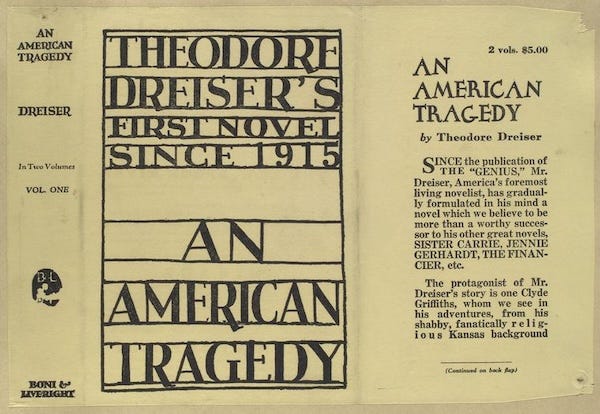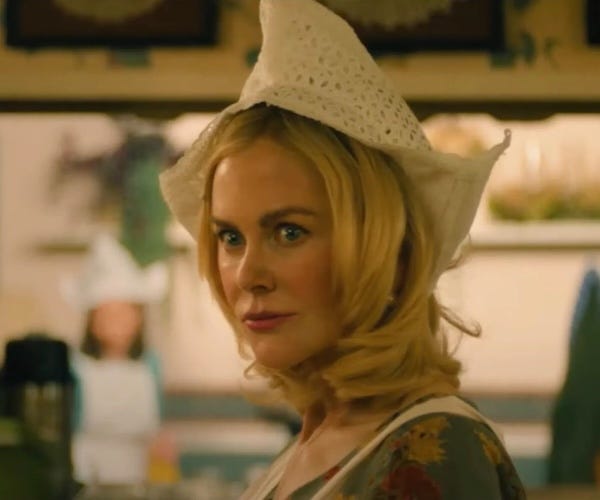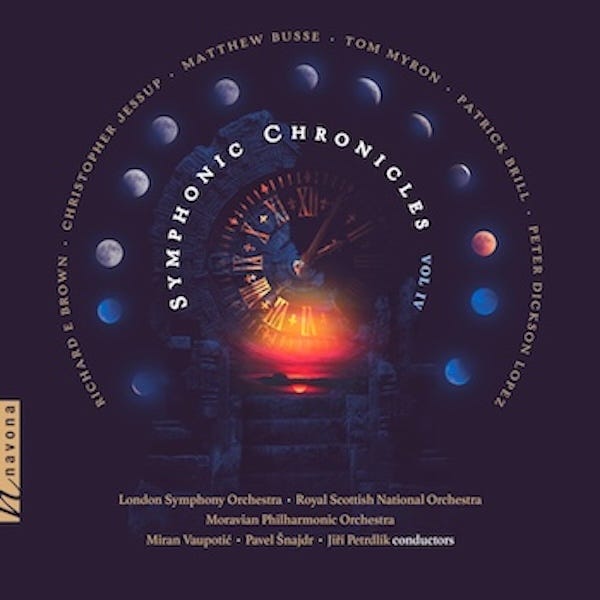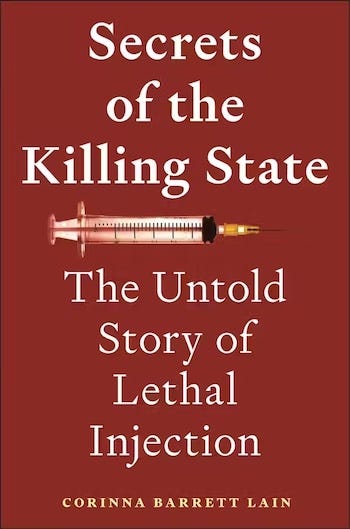The Arts Fuse Newsletter, April 30
Coming Attractions, Reviews of "Holland", Stanley Crowell and Music Inc on Strata-East, Bread & Puppet, "Symphonic Chronicles Vol IV", and "Secrets of the Killing State."
From The Editor's Desk:
No disrespect to F. Scott Fitzgerald’s The Great Gatsby, but haven’t the celebrations of its 100th anniversary gone over the top, to the point of kitsch? It’s a tip-top novel, yes, but truckloads of hoopla have been dumped into the media, both mainstream and marginal. A sampling includes the Empire State Building being illuminated in green, Gatsby-themed art exhibits, multiple annotated editions, Jazz Age soirées and cocktail events, and a party thrown by the Broadway musical version of the book. Is this about the incisive literary merit of Fitzgerald’s vision, or the obvious fact that the glamorous undercurrents of its plot can be so easily merchandised? Ironically, we are whooping up Gatsby and company at a time when we may, as in the Roaring ’20s, be stampeded off an economic cliff by a president for whom “the chief business of America is business.”
So let’s note two other classic American novels that are also celebrating their 100th birthdays. I would strongly recommend both: their compelling critiques of American class envy, blind idealism, and self-destructive materialism are just as stinging (if not more so) than Fitzgerald’s. Willa Cather’s The Professor’s House is a nuanced study of middle-age ennui propelled by American acquisitiveness and superficiality. A. S. Byatt judged it to be Cather’s masterpiece: "It is almost perfectly constructed, peculiarly moving, and completely original." Theodore Dreiser’s An American Tragedy is a monumental achievement that took him over a decade to complete. The hulking narrative is based on a real-life murder (a 1906 “accidental” killing). Its methodical ‘true-crime’ vibes inspired Richard Wright’s Native Son (1940), Truman Capote’s In Cold Blood (1966), and Norman Mailer’s The Executioner’s Song (1979). The novel was also the basis for George Stevens’s accomplished 1951 film A Place in the Sun.
Because Dreiser is a neglected giant, a special shout-out for An American Tragedy. A trailblazing writer of the first half of the 20th century, he memorably chronicled the no-holds-barred careers and crimes of 19th-century robber barons (the Musks of their day) in his fine novels The Financier and The Titan. An American Tragedy is not as much “fun” to read as The Great Gatsby, but Dreiser’s vision of the degradations of class and the bedevilments of upward mobility stands as a far more comprehensive attack on the American dream. Gatsby gazes with hope at the green light at the end of Daisy’s dock. Clyde Griffiths, Dreiser’s anti-hero, is crushed by the two-ton machinations of the system, his restricted possibilities on telling display when, early in the novel, he is employed as a bellhop at a fancy Chicago hotel. From the get-go, Clyde is on track to fall to the bottom of society as quickly as he climbs up.
—Bill Marx, Editor-in-Chief
Archive: From the Editor's Desk 2025
Coming Attractions Through May 12 — What Will Light Your Fire
Compiled by Arts Fuse Editor

Our expert critics supply a guide to film, visual art, theater, author readings, television, and music. More offerings will be added as they come in.
Film Review: “Holland” — Another Trip Through Suburban Malaise
By Matt Hanson
American darkness is now up front and personal. Holland‘s stale moves miss where we are now — disaster isn’t hidden, it is in clear view
Jazz Album Reviews: Stanley Cowell and Music Inc. — The Sounds of Independence
By Michael Ullman
These Stata-East recordings are the result of a special moment in the history of jazz, when some musicians brilliantly took charge of their own careers. Luckily for us, the music is still strikingly fresh and contemporary.
Theater Review: “The Obligation to Live” — Defying the Machinery of Death
By Robert Israel

The emphasis of the B&P troupe has become increasingly apocalyptic: the struggle we are engaged in is for nothing less than the preservation of our planet, and for the preservation of our individual – and collective – hearts and minds.
Classical Music Album Review: “Symphonic Chronicles Vol. IV” — A Treasure Trove of the New
By John Tamilio III
The not-to-be missed Symphonic Chronicles IV is a very welcome alternative to much of the atonal, modern classical music currently flooding the market.
Book Review: “Secrets of the Killing State” — A Real Life Horror Story
By Bill Littlefield
The author argues that “the only way to prevent the senseless acts of cruelty” that result from the “grinding gears” of the “machinery of death” is to “retire the machinery altogether.”
Help Keep The Arts Fuse Lit!
Precious few independent online arts publications make it to double digits. Please give us the resources the magazine needs to persevere at an essential cultural task.
Keep the Fuse lit and support our 70+ writers by making a donation.
The Arts Fuse also needs underwriting for the magazine to continue to grow.
And…tell your friends about the in-depth arts coverage you can’t get anywhere else.
Questions, comments, concerns?
Editor-in-Chief
Bill Marx
wmarx103@gmail.com











